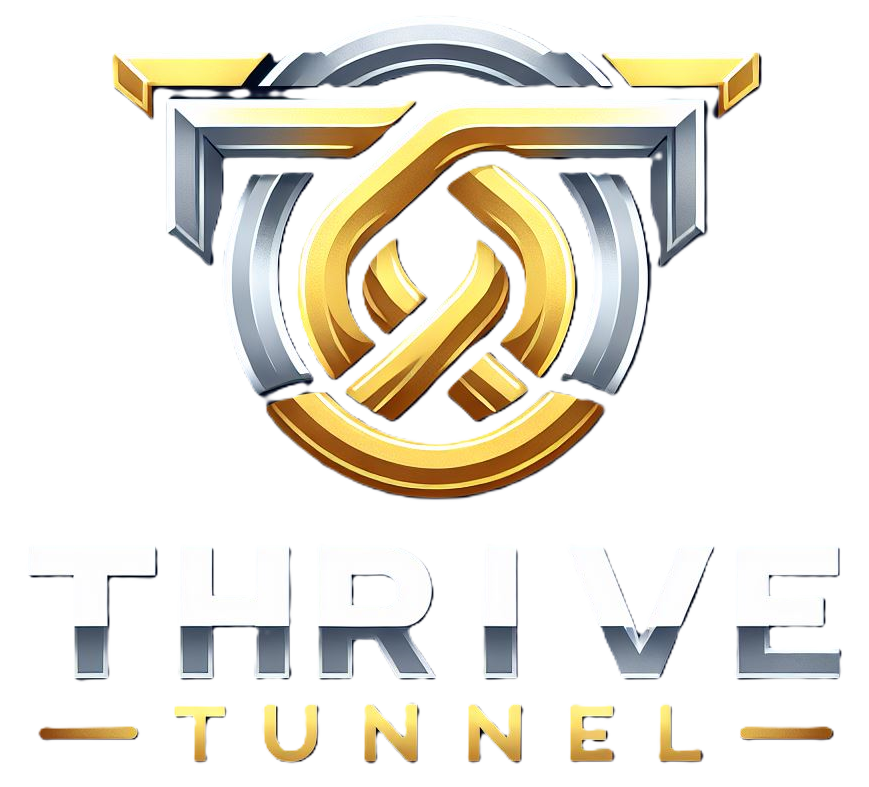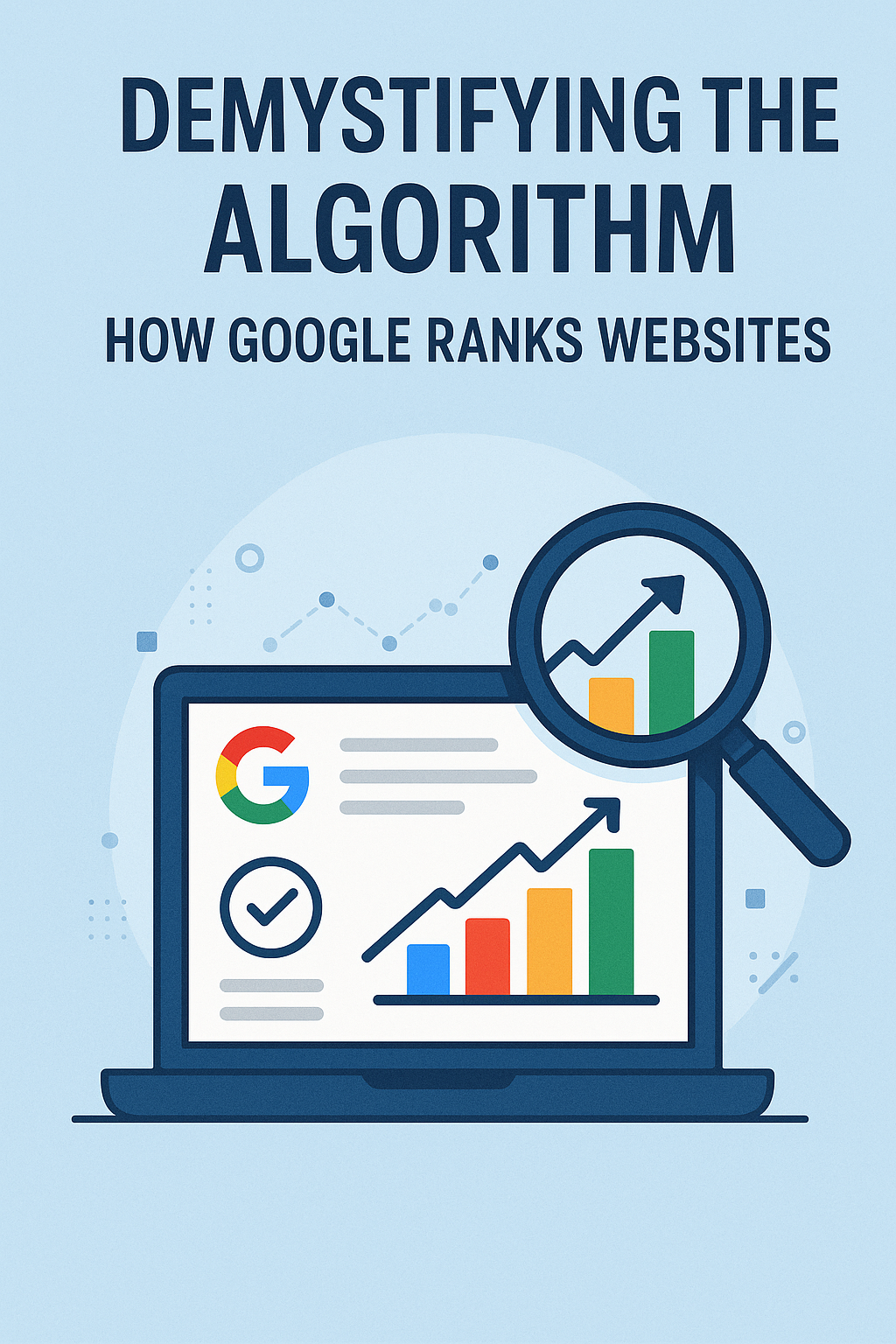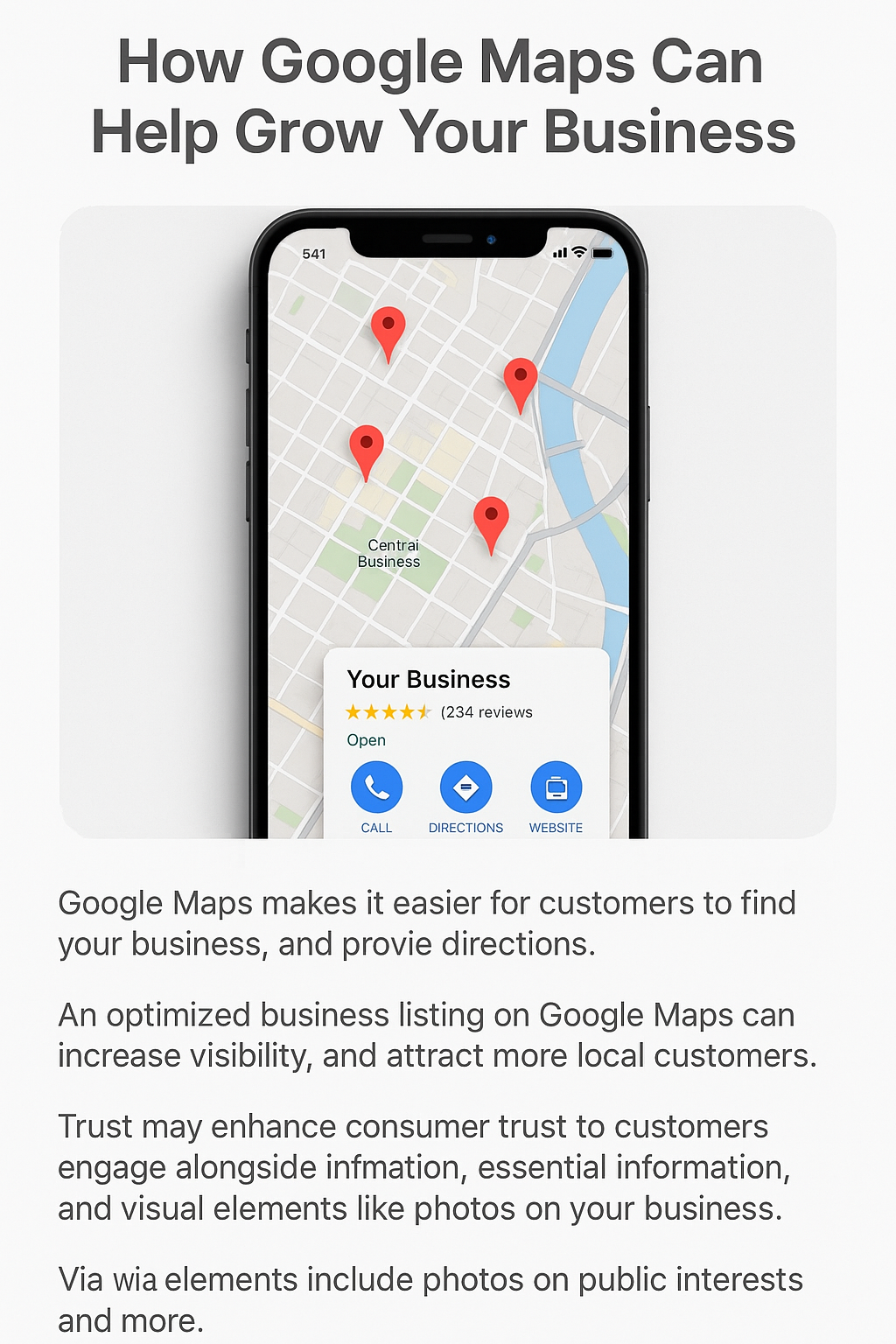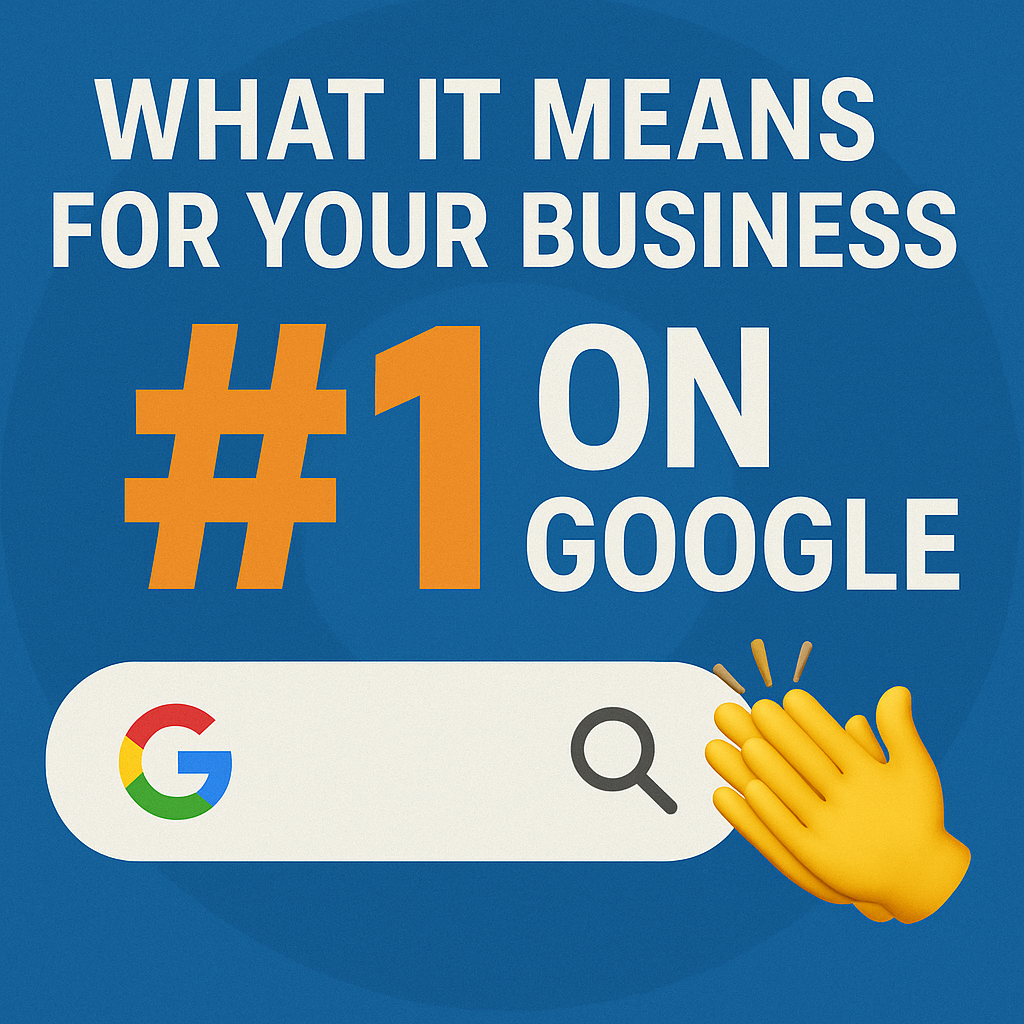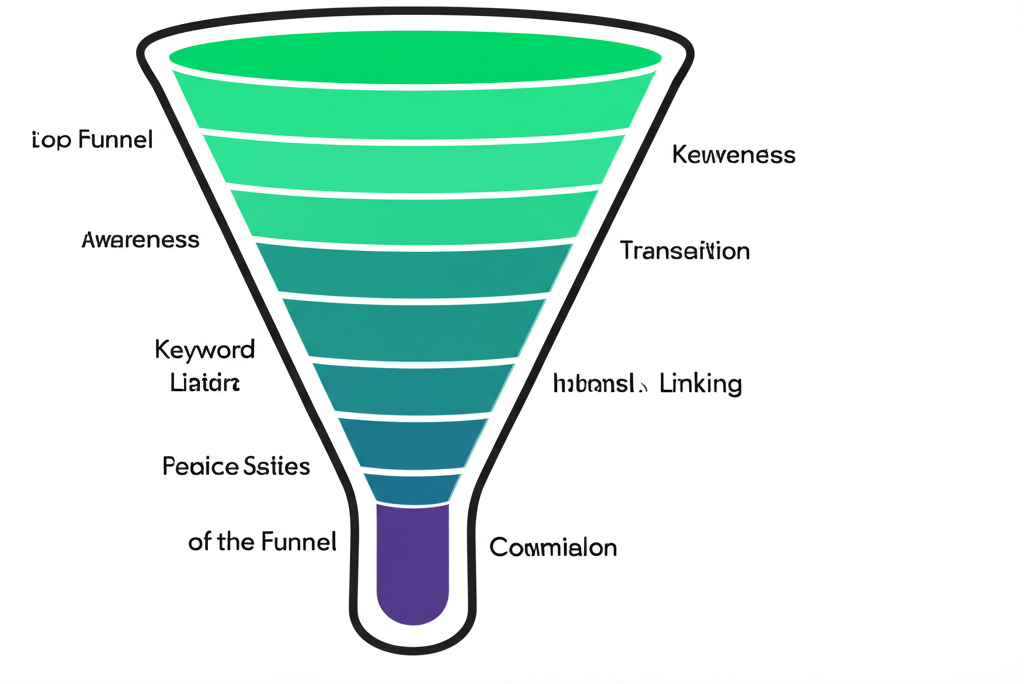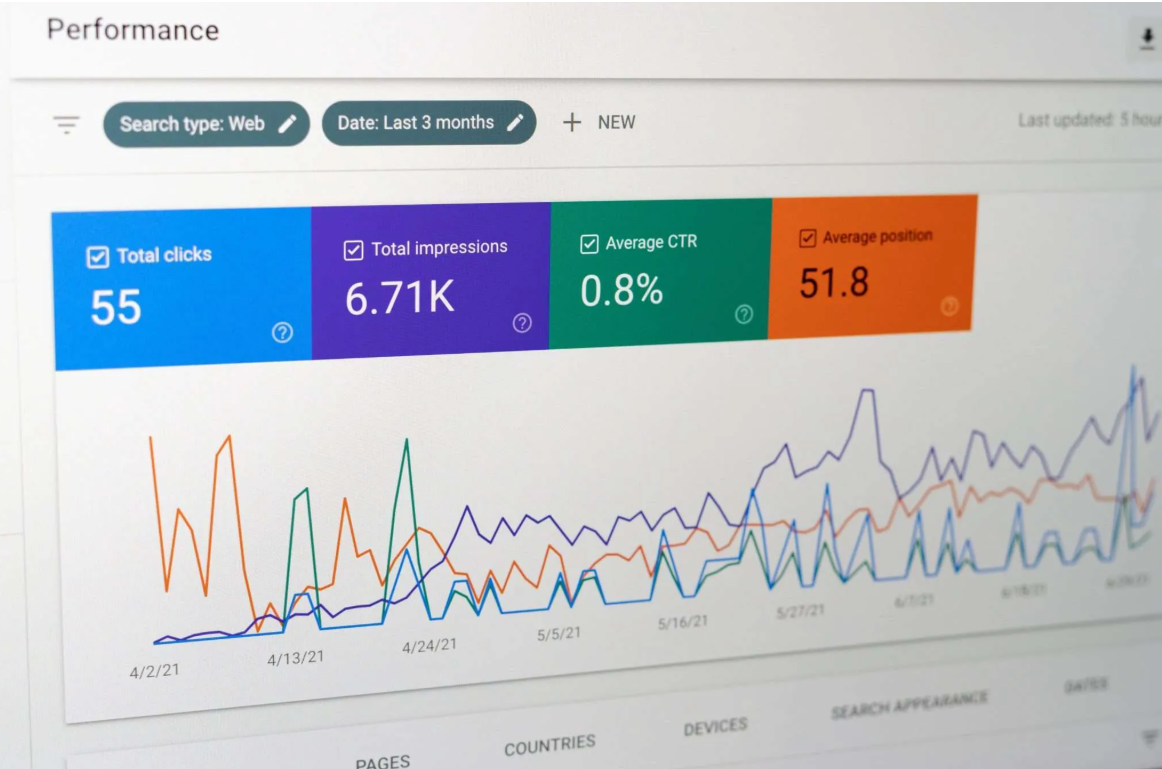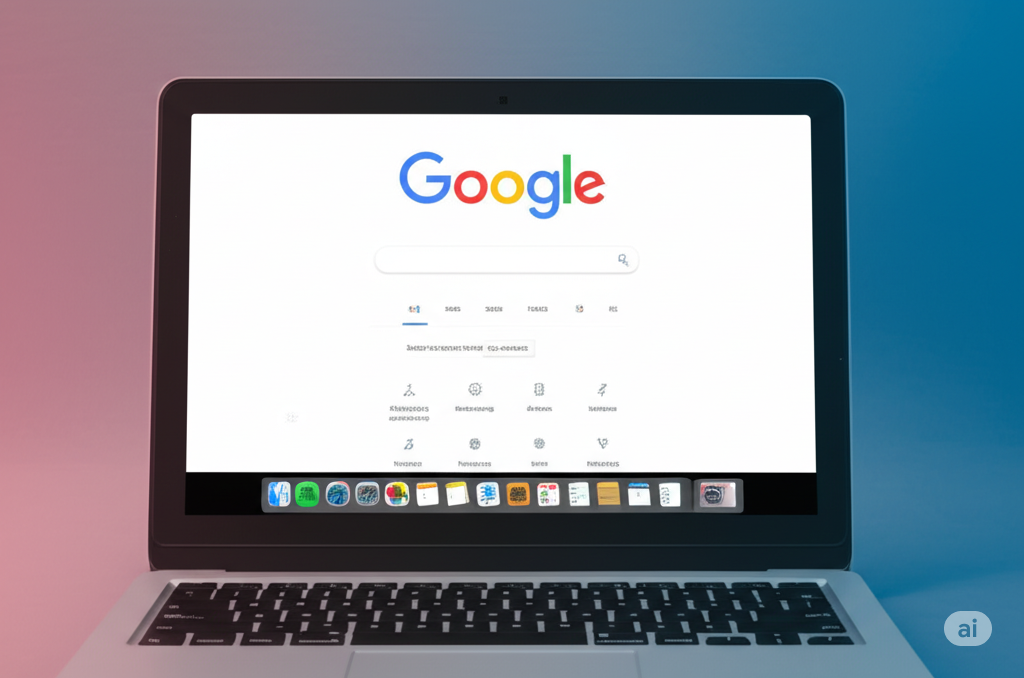SEO: A Comprehensive Guide for Beginners
Search Engine Optimization for Beginners

Search engine optimization (SEO) is the process of improving your website's ranking in search engine results pages (SERPs). This can be done through a variety of techniques, including on-page optimization, off-page optimization, and technical SEO.
On-Page Optimization
On-page optimization is the process of optimizing your website's content and HTML to make it more appealing to search engines. This includes:
- Using relevant keywords throughout your website's content.
- Creating high-quality, informative content.
- Optimizing your website's title tags and meta descriptions.
- Using header tags (H1, H2, etc.) to structure your content.
- Using alt text to describe your images.
Off-Page Optimization
Off-page optimization is the process of improving your website's reputation in the eyes of search engines. This includes:
- Building high-quality backlinks to your website.
- Creating social media profiles for your website.
- Promoting your website on social media.
- Participating in online communities.
Technical SEO
Technical SEO is the process of making sure your website is technically sound and easy for search engines to crawl and index. This includes:
- Having a fast website loading speed.
- Having a mobile-friendly website.
- Having a secure website (HTTPS).
- Having a sitemap.
- Having a robots.txt file.
Tips for SEO Success
Here are a few tips to help you improve your SEO:
- Do your keyword research. Use keyword research tools to identify the keywords that your target audience is using to search for information.
- Create high-quality content. Your content should be informative, engaging, and well-written.
- Build high-quality backlinks. Get other websites to link to your website.
- Promote your website on social media. Share your website's content on social media to reach a wider audience.
- Monitor your SEO progress. Use SEO tracking tools to track your website's progress over time.
SEO is an ongoing process. It takes time and effort to improve your website's SEO. However, the results can be well worth it. By following the tips in this article, you can improve your website's ranking in search engine results pages and attract more visitors to your site.
Additional Resources
- Google's Search Engine Optimization Starter Guide
- Moz's Beginner's Guide to SEO
- HubSpot's SEO Training & Certification
I hope this blog post has been helpful. If you have any questions, please feel free to leave a comment below.
Additional Tips for SEO Success
- Use social media to promote your website. Social media is a great way to reach a wider audience and get people to link to your website.
- Get involved in online communities. Participate in online forums and discussions related to your industry. This is a great way to build relationships with other people in your industry and get them to link to your website.
- Submit your website to search engines. Submit your website to Google, Bing, and other search engines. This will help them to index your website and make it easier for people to find.
- Use analytics to track your progress. Use Google Analytics to track your website's traffic and see how your SEO efforts are paying off.
- Be patient. It takes time to improve your website's SEO. Don't expect to see results overnight.
By following these tips, you can improve your website's SEO and attract more visitors to your site.
I would also like to add that it is important to use a variety of SEO techniques to improve your website's ranking. Don't just focus on one or two things. Instead, try to implement a variety of SEO techniques to get the best results.
Finally, I would like to say that SEO is an ongoing process. You should continue to monitor your website's SEO and make changes as needed. By doing this, you can ensure that your website is always ranking well in search engine results pages.
